
A riot (/ˈraɪət/) is a form of civil disorder commonly characterized by a group lashing out in a violent public disturbance against authority, property or people. Riots are commonly associated with grievances, whether they are related to politics, race relations, oppression, or labor issues. In America, we consider the Boston Tea Party riot to be one of the most important events in the American Revolution, but it’s neither the first nor last in American history to change the political landscape. The following are a brief history of riots in the US that gave voice to those who were otherwise unheard.
1680 – Pueblo Revolt – Organized revolt of the indigenous Pueblo against the Spanish colonizers, considered the first successful overthrow of a European invasion by a native group.
1831 – Nat Turner’s Slave Rebellion – Led by Nat Turner, he and about 70 other slaves liberated themselves by killing 60 whites, the highest death count recorded for an American slave revolt.
1855 – Bloody Monday – American Protestant Nativists ‘Know-Nothings’ attacked Catholic German and Irish immigrants they perceived as un-American.
1871 – Chinese Massacre – A mob of over 500 white and Hispanic people attacked, robbed, and murdered Chinese residents of L.A.’s Chinatown.
1886 – Haymarket Riot – During a labor protest in Haymarket Square, an unknown person threw a bomb that killed 7 police and a civilian, resulting in gunfire and an increase in anti-labor sentiments among the public.
1919 – Red Summer – In a single summer at the end of WWI there were 25 race riots in which white supremacists sought to exert power over black communities.
1943 – Zoot Suit Riots – A series of conflicts during 1943 between U.S. Servicemen and pachucos (Chicano youth) over the perceived unpatriotic zoot suits and the un-Americanism of the Chicano community.
1969 – Stonewall Uprising – A series of spontaneous demonstrations by the LGBTQ+ community which kick started the Gay Liberation movement.
1970 – Kent State Shootings – During a student protest against the Vietnam War, the Ohio National Guard shot into a crowd and hit 13 students, killing four.
1999 – Battle of Seattle – When the World Trade Organization met in Seattle, protestors peacefully calling attention to environmental and economic justice were tear gassed and shot with rubber bullets by police leading to chaos.
2014 – Ferguson Protests – When police shot and killed unarmed black teenager Michael Brown the people of Ferguson revolted and protested against the history of unfair treatment of the black community by police.
2016 – Dakota Access Pipeline Protests #NoDAPL – When the Standing Rock Indian Reservation was to be the site of a new oil pipeline, Native activists protested against the threat to water supply, burial sites, and cultural sites of historic importance.
2017 – Charlottesville Protests – White supremacist demonstrators gathered to protest the removal of Confederate statues, ending when a demonstrator ran his car into a group of counter-protestors, hitting 20 and killing Heather Heyer.
2020 – George Floyd Protests – Beginning as a response to the murder of George Floyd by police it has gone on to be a protest against police brutality and many other murders of black Americans. It has become the largest protest in the US and gone global, continuing to this day.
Looking for more information? Check out the following books:
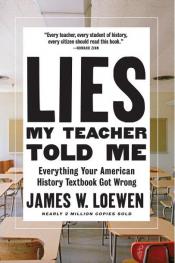
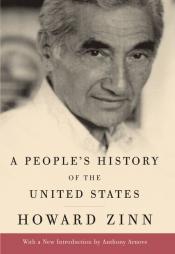
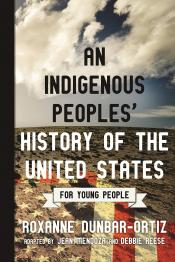
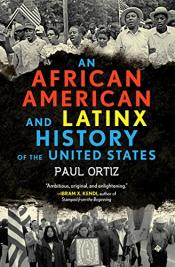
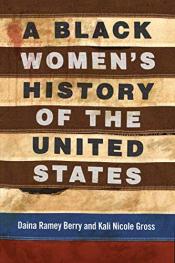
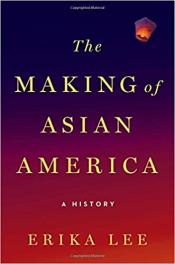
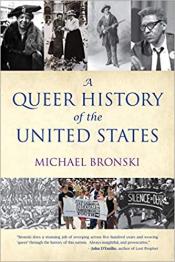
Lies My teacher Told Me: Everything Your American History Textbook Got Wrong by James W. Loewen
A People's History of the United States by Howard Zinn
An Indigenous People's History of the United States by Roxanne Dunbar Oritz
An African-American and Latinx History of the United States by Paul Oritz
A Black Women's History of the United States by Daina Ramey Berry and Kali Nicole
The Making of Asian America by Erika Lee
A Queer History of the United States by Michael Bronski